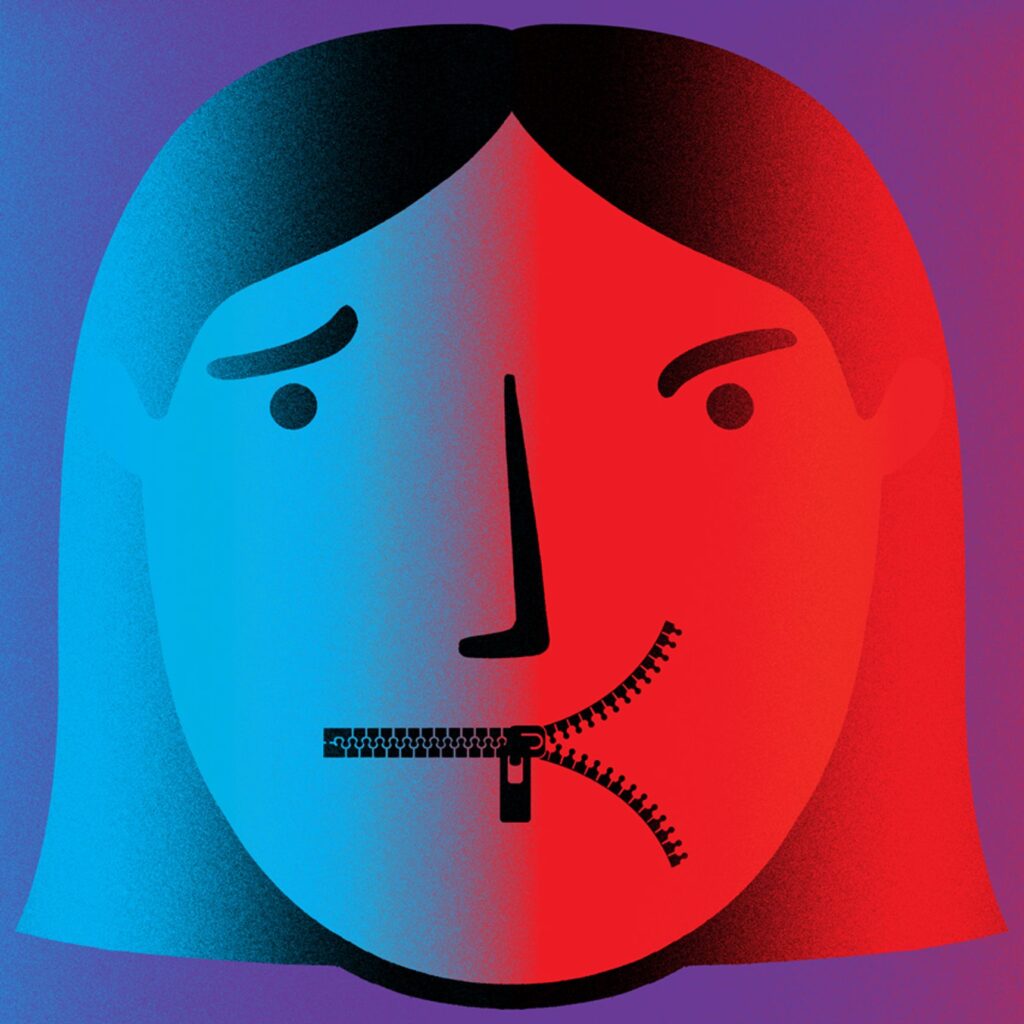There’s a Secret to Keeping Secrets
By Susan Pinker
www.wsj.com/articles/theres-a-secret-to-keeping-secrets-11645125842
In a perfect world, our secrets would always be kept. But our world is imperfect. New research concludes that confidences about shame-inducing missteps, infidelities and imbroglios get exposed about a third of the time, which raises the question: What kinds of secrets are most likely to be revealed?
Jessica Salerno, a psychology professor at Arizona State University, and Michael Slepian, a professor of leadership and ethics at Columbia Business School, address this and other issues in a study published last month in the Journal of Personality and Social Psychology. Building on their own previous work and that of colleagues, they explore the nexus between secrecy and morality.
Dr. Slepian and Dr. Salerno were intrigued by the 2015 breach of the Ashley Madison website, which was created to help married people meet partners online in order to have affairs. The hackers “released all the data, which was hugely sensitive,” because they found the site morally objectionable, Dr. Slepian said. The two researchers set up a series of experiments and surveys to probe whether people were more likely to expose others’ secrets if they wanted to punish their behavior, as was the case with Ashley Madison.
Assembling nine different groups of 150 diverse participants, the researchers employed a variety of scenarios involving secrets that were hypothetical or taken from the news, or from the participants’ own experience. Some involved behavior that participants might find immoral; in a subset of those scenarios, the person committing the secret transgression had already been punished in some way. In each mini-experiment, details were subtly tweaked to see how the participants’ answers would differ. Was the secret act intentional or accidental, for example, or was anyone harmed? Participants were asked whether they supported disclosing someone’s secrets in each case.
The results showed that people were more likely to approve of spilling the beans if they found the secret behavior unethical. “The more morally outraged they felt, the more likely they were to reveal the secret,” said Dr. Salerno. In general, the moral code of the supposed confidante predicted their willingness to blab.
The secrets most likely to be revealed include specific lies (46%), harming another person or yourself (40%), illegal behavior (35%) and drug use (34%). By contrast, a confidence about a surprise event would only be revealed 18% of the time. If the secret was about someone who had already faced consequences for their behavior, a confidante would be less likely to reveal their secret because they’d already been punished, added Dr. Slepian. If the hidden behavior was unintentional, the secret was also likelier to be kept under wraps.
So how do you find a true confidant? Drawing on previous research, Dr. Slepian suggests avoiding the polite, rule-following, easy-to-offend person, especially if outgoing and loquacious; that’s the profile of someone most likely to spill the beans.
“What you really want is someone compassionate and assertive—especially if you’re looking for help—and someone who has the same sense of morality as you,” Dr. Salerno said. As she emphasized, keeping secrets is always difficult, but it’s especially hard if the shared information induces indignation or disapproval in your confidant.


